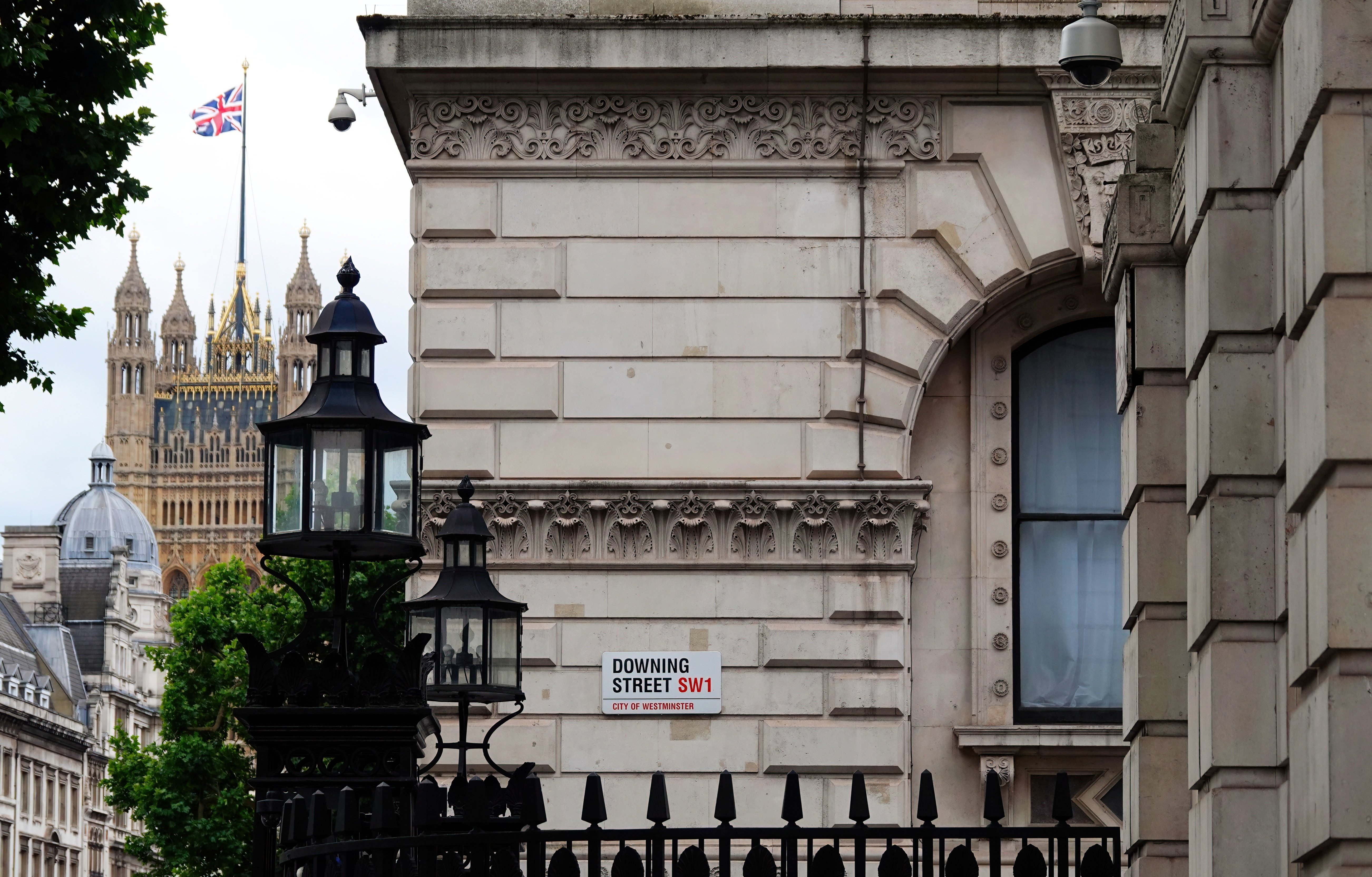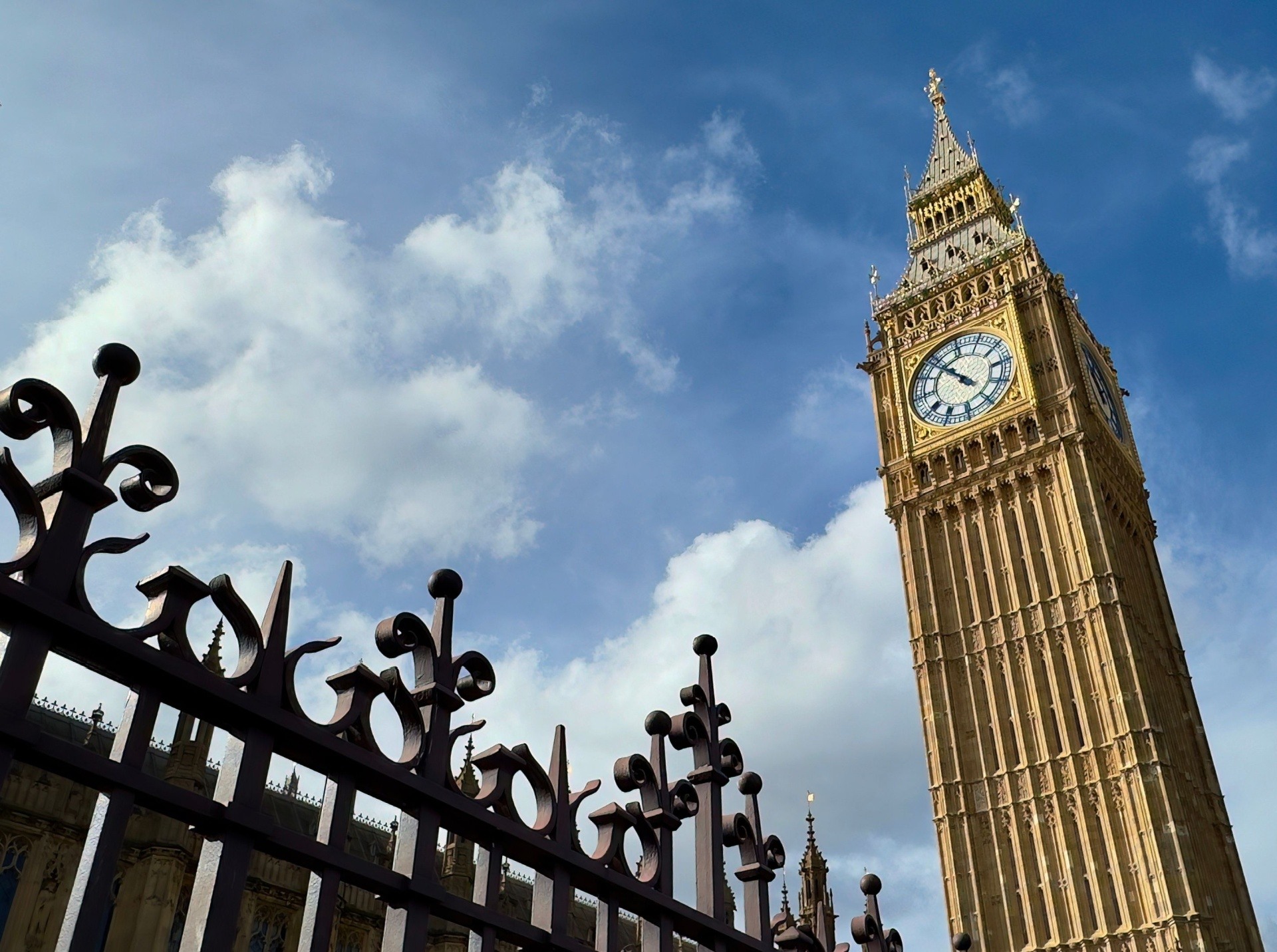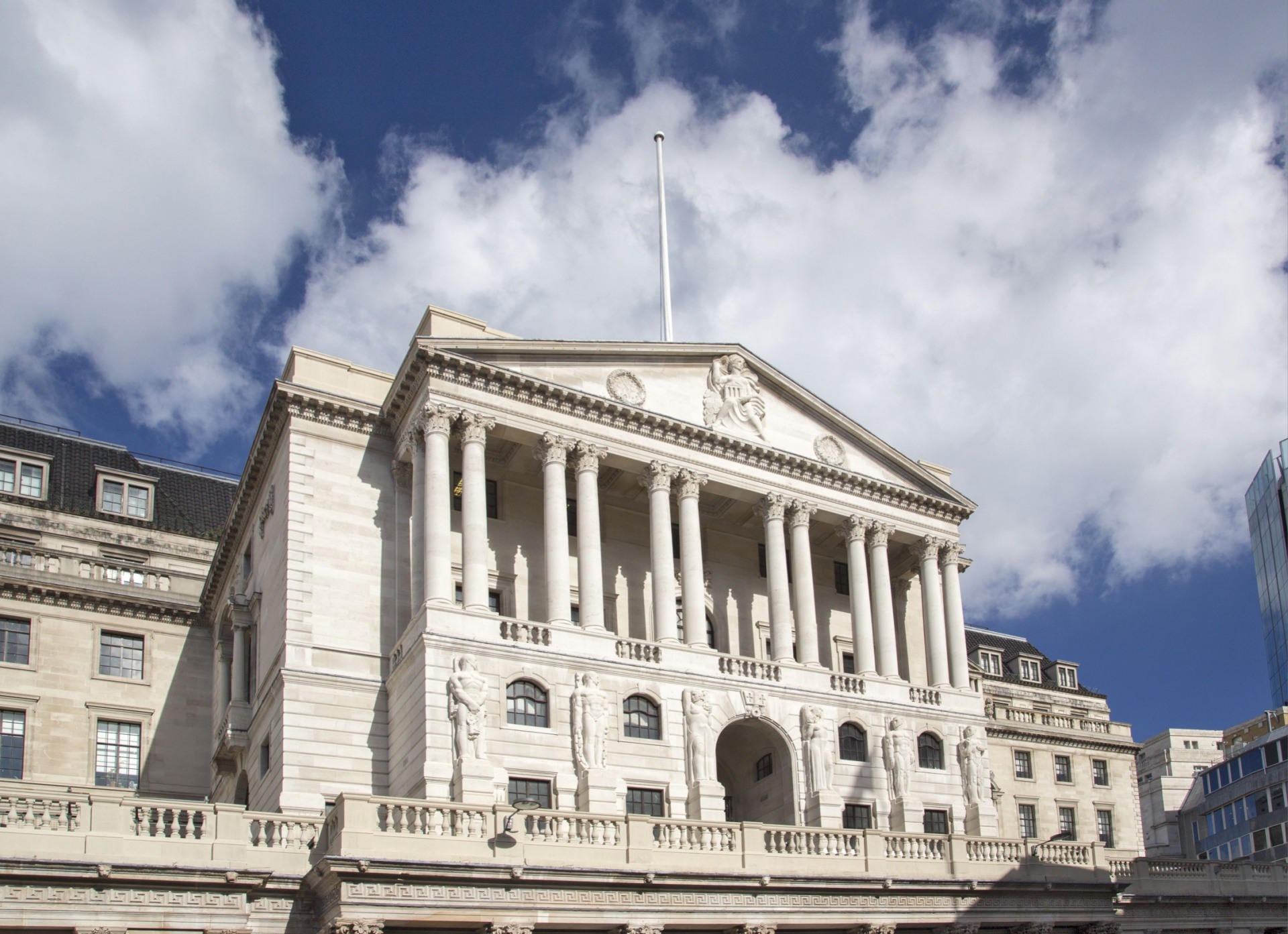Weekly Briefing: 2024 Autumn Budget Special
In this week's briefing, we dive into today's October Budget, uncovering the government’s decision to end the non-dom tax regime, anticipated to raise £12.7 billion and shift to a residence-based tax in 2025.
We also explore hikes in capital gains tax and National Insurance, increased support for small businesses, and an upgraded UK growth forecast from the Office for Budget Responsibility.
Non-dom tax regime abolished
- The UK government will abolish the long-standing "non-dom" tax regime, ending tax breaks for wealthy foreigners on overseas earnings after 15 years. This change is projected to raise £12.7 billion over the next five years, reflecting a shift towards a fairer tax system.
- As part of the transition, a new residence-based tax program will be introduced in April 2025. The government’s aim is to replace the non-dom scheme while remaining competitive internationally for high-net-worth individuals.
- To support this transition, the government will offer a “temporary repatriation facility,” allowing non-doms to bring foreign income to the UK at a lower tax rate. Originally set for two years, this facility will now extend to three years, with an expanded scope to attract foreign wealth.
- The non-dom status, which originated over 200 years ago, has enabled individuals domiciled outside the UK to enjoy extra tax benefits on foreign income. In 2023, around 74,000 people benefited from this status, up from 68,900 the previous year.
- Labour Party leaders had already proposed the abolition of non-dom benefits, alongside measures like applying inheritance taxes on global assets. These proposals are aimed at creating a “fairer tax landscape” and increasing Treasury revenue.
- Rachel Reeves, Labour’s Shadow Chancellor, reinforced the party’s commitment to tax reform by stating, "If you make Britain your home, you should pay your tax here."
Capital gains tax to rise to 18% from the lower rate of 10%
- The UK government plans to increase capital gains tax rates, raising the lower rate from 10% to 18% and the higher rate from 20% to 24%. This adjustment is projected to generate an additional £2.5 billion by the end of the forecast period, contributing significantly to the claimed funding gap.
- In addition, carried interest taxation—particularly affecting the fund management sector—will increase from 28% to 32%, aligning it more closely with other forms of income and aiming to improve fairness within the sector.
- Business Asset Disposal Relief (previously known as Entrepreneurs’ Relief) remains capped at £1 million but will see its rate rise from 10% to 14% in April 2025 and further to 18% by 2026-27. This increase is intended to encourage entrepreneurs to reinvest in their businesses rather than cashing out early.
- These changes mean that capital gains tax rates on most assets will now be aligned with those on property, which stand at 18% and 24% with the alignment aiming to close loopholes where income was converted to capital gains for preferential tax treatment.
- Despite these increases, the UK will retain the lowest capital gains tax rate among G7 European economies, which helps balance the drive for revenue with a competitive tax environment.
- Rachel Reeves emphasised this approach, stating, "The UK will still have the lowest capital-gains tax rate of any European G7 economy," reaffirming the goal of supporting wealth creation while funding essential public services.
Employers to pay more in National Insurance
- The National Insurance (NI) rate for businesses has been increased by 1.2 percentage points to 15%, while the earnings threshold has been lowered from £9,100 to £5,000. This change is expected to generate an additional £25 billion, significantly boosting public funds.
- To support small businesses, the employment allowance has been increased to £10,500, exempting around 865,000 businesses from NI contributions. Many others will see their contributions stay the same or decrease, softening the impact on smaller enterprises.
- However, these changes could lead businesses to reduce wages and hiring plans to offset higher costs, potentially hindering broader economic growth objectives, according to industry experts.
- Large companies may also respond by curtailing pay raises, given that the NI bill on a £30,000 salary will rise by £865.80. Such adjustments could have a ripple effect, impacting corporation tax revenue as well.
Office for Budget Responsibility upgrades UK growth
- Despite higher employer costs, Labour has committed to maintaining lower NI rates for individual workers, aiming to ease the burden on employees and stimulate consumer spending.
- Investment strategist Lindsay James cautioned that these measures might "scale back pay increases or hiring plans, which goes against the mission for growth," emphasising the trade-offs inherent in the new policy.
- The Office for Budget Responsibility (OBR) has revised the 2023 growth forecast upwards, from 0.8% to 1.1%, with expectations reaching 2% by 2025. This optimistic outlook is largely driven by increased public spending funded through tax hikes and additional borrowing.
- Despite near-term improvements, the OBR has lowered long-term growth projections, highlighting that the impact on GDP may be limited by 2028. This cautious outlook points to broader structural challenges in the UK economy.
- Inflation is expected to rise by 2.5% in 2023 and 2.6% in 2024, partly due to budget policies that could push up demand. These adjustments reflect ongoing inflationary pressures in the economy.
- To foster economic growth, Labour is positioning itself to achieve the highest growth rate in the G7. Rachel Reeves emphasised that sustained investment and reform are essential to addressing challenges such as long-term sickness and skill shortages.
- In line with these goals, the government plans to prioritise public investment and economic stability, with a focus on increasing the economy's supply capacity over time.
- "The only way to drive economic growth is to invest, invest, invest. There are no shortcuts," Reeves stated, underscoring Labour’s commitment to a growth-focused strategy aimed at long-term stability.
Final Note
This week’s briefing examined the impact of the upcoming budget on UK taxes, with key changes affecting individuals, investors, and businesses alike.
Reflecting on the stories, it’s clear that investors may need to act quickly to adapt to higher capital gains rates, now aligned with property tax to create consistency across asset classes. Equally, businesses will face higher National Insurance costs, although expanded employment allowances offer some support for smaller firms.
While these changes could mean an increased focus on tax-efficient strategies will be on the horizon for many experienced investors, the investors and business takeaways from the Budget aren’t all negative. , Among other takeaways, the UK’s Shadow Chancellor, Rachel Reeves, aiming to drive £70 billion through a new National Wealth Fund signals a robust commitment to long-term growth and resilience.
As these changes unfold, individuals and businesses will need to revisit tax strategies to navigate this evolving fiscal landscape with confidence.
%20(3)%20(2).jpg)








